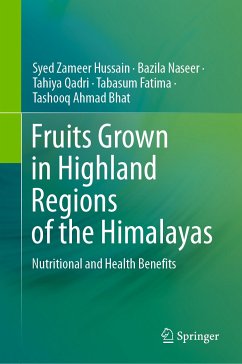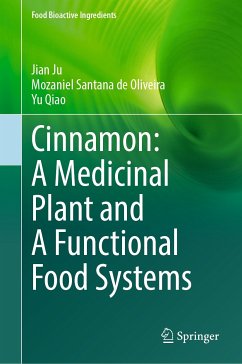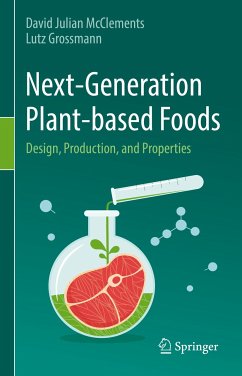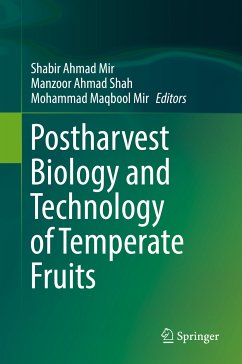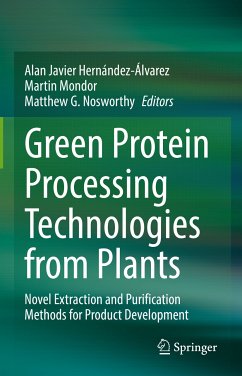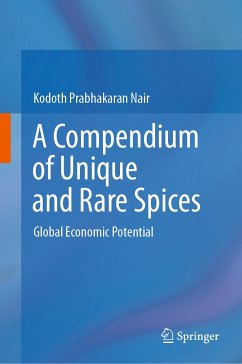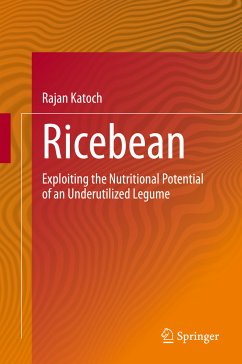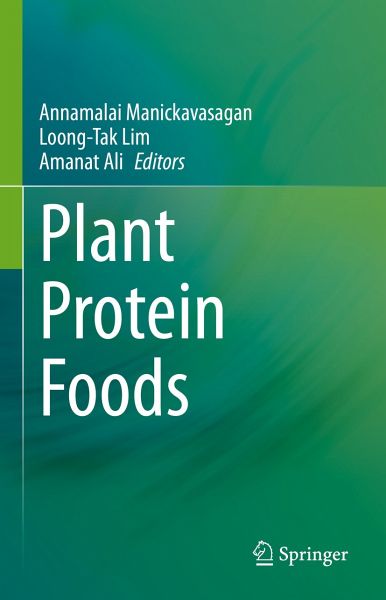
Plant Protein Foods (eBook, PDF)
Versandkostenfrei!
Sofort per Download lieferbar
128,95 €
inkl. MwSt.
Weitere Ausgaben:

PAYBACK Punkte
64 °P sammeln!
Regular consumption of plant-based protein foods instead of animal-based protein foods reduces the risk factors for cardiovascular diseases, diabetes and certain cancers. Apart from human health, the adverse effects to the environment due to the production of protein is much higher for animal sources than plant sources. Greenhouse gas emissions from the production of one pound of lamb meat, for example, are thirty times higher than one pound of lentils. As consumers are increasingly aware of personal health and environmental impact of food production, the demand for plant protein foods is incr...
Regular consumption of plant-based protein foods instead of animal-based protein foods reduces the risk factors for cardiovascular diseases, diabetes and certain cancers. Apart from human health, the adverse effects to the environment due to the production of protein is much higher for animal sources than plant sources. Greenhouse gas emissions from the production of one pound of lamb meat, for example, are thirty times higher than one pound of lentils.
As consumers are increasingly aware of personal health and environmental impact of food production, the demand for plant protein foods is increasing globally. This trend has prompted several large-scale collaborative research projects on plant-based protein products supported by the industry and governmental agencies. Several established multinational meat companies have started adding plant-protein product lines to meet the current demand.
This book presents thefirst comprehensive compilation of literature on plant-based protein foods. Chapters cover protein extraction technologies from plants, comparison of amino acid profiles of plant- and animal-based proteins, approaches to product development for plant-based protein products, health benefits of plant-based protein foods, market opportunities, and future challenges. Plant Protein Foods is an essential reference for consumers, students, researchers, food manufacturers and other stakeholders interested in this domain.
Dieser Download kann aus rechtlichen Gründen nur mit Rechnungsadresse in A, B, BG, CY, CZ, D, DK, EW, E, FIN, F, GR, HR, H, IRL, I, LT, L, LR, M, NL, PL, P, R, S, SLO, SK ausgeliefert werden.



